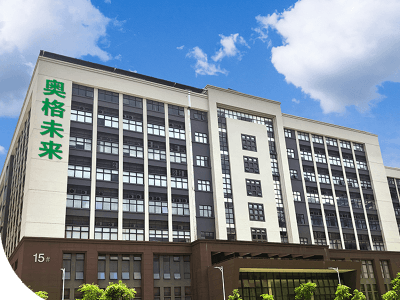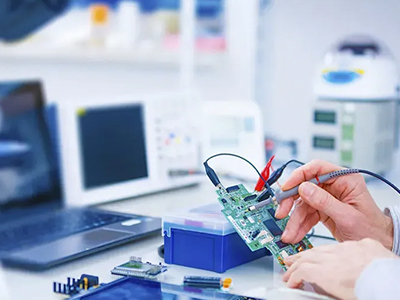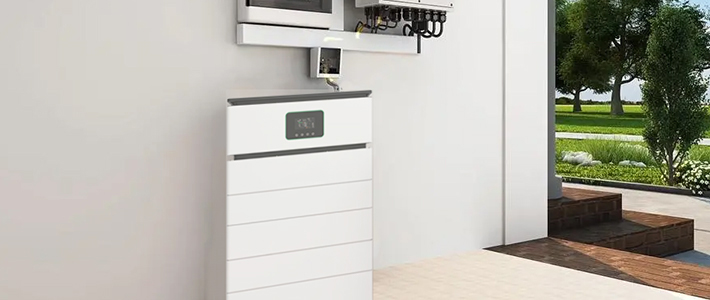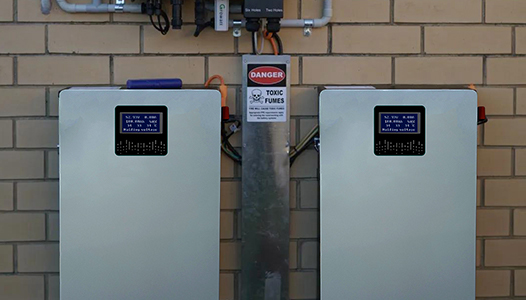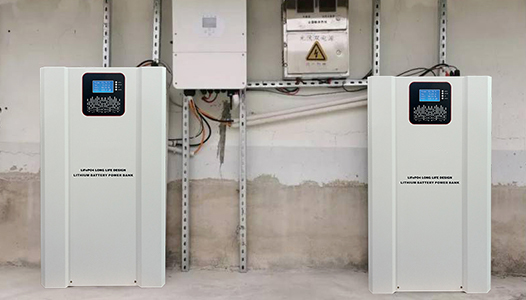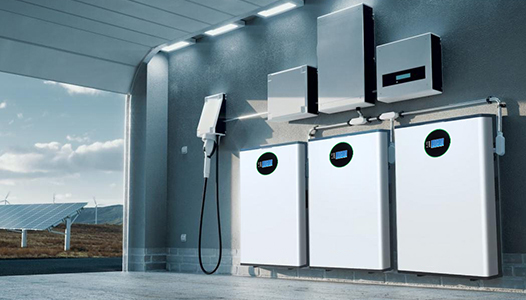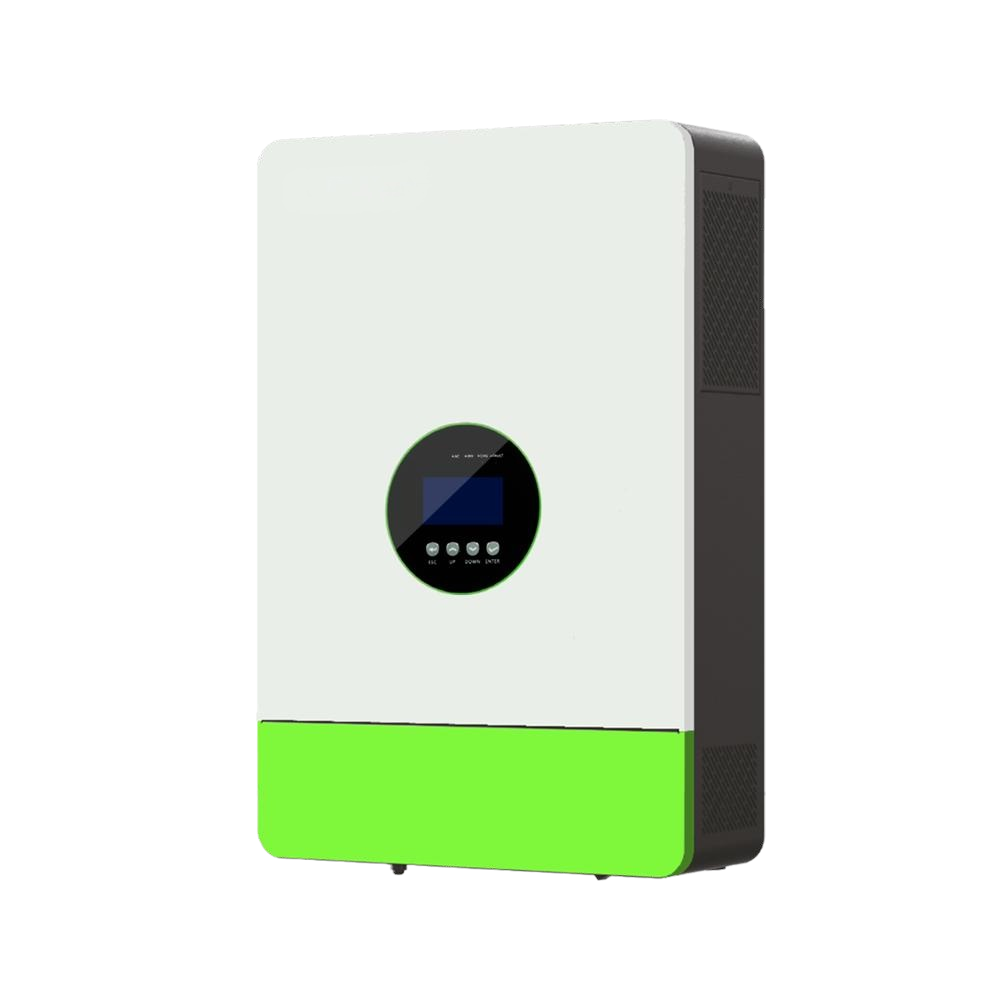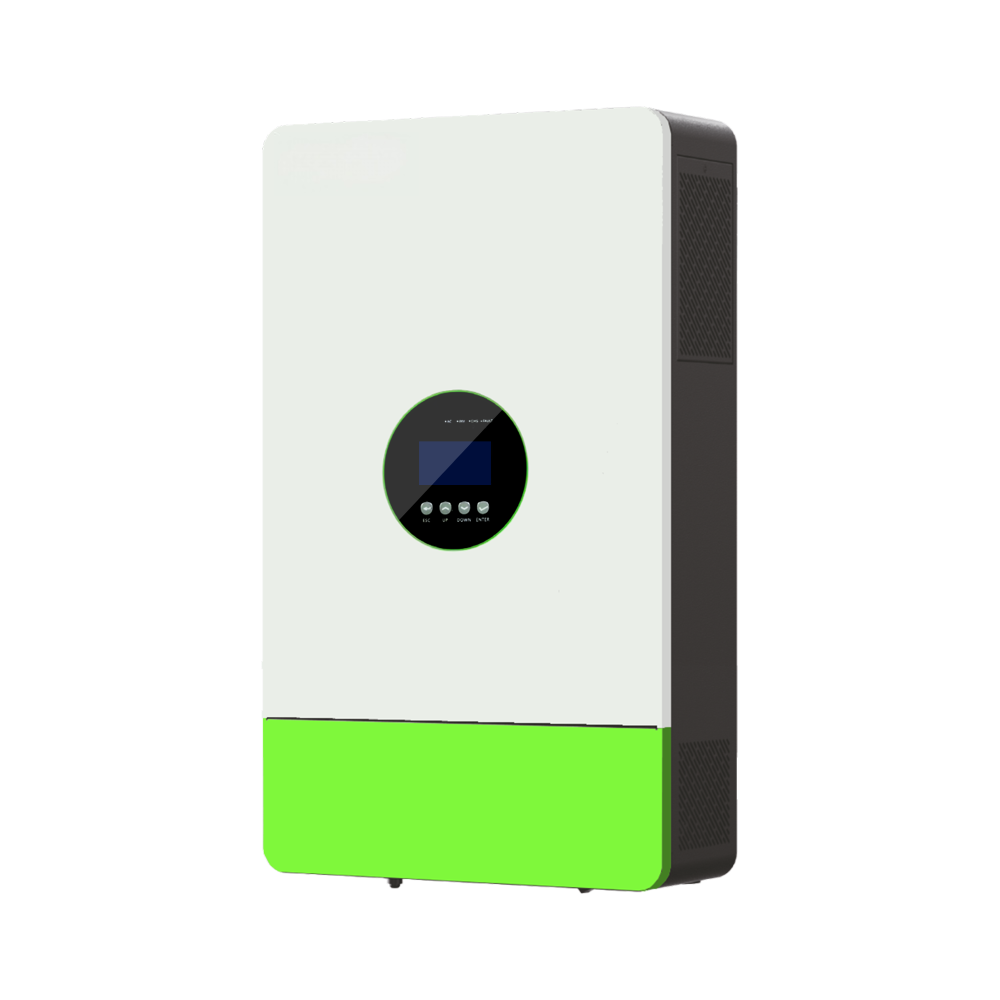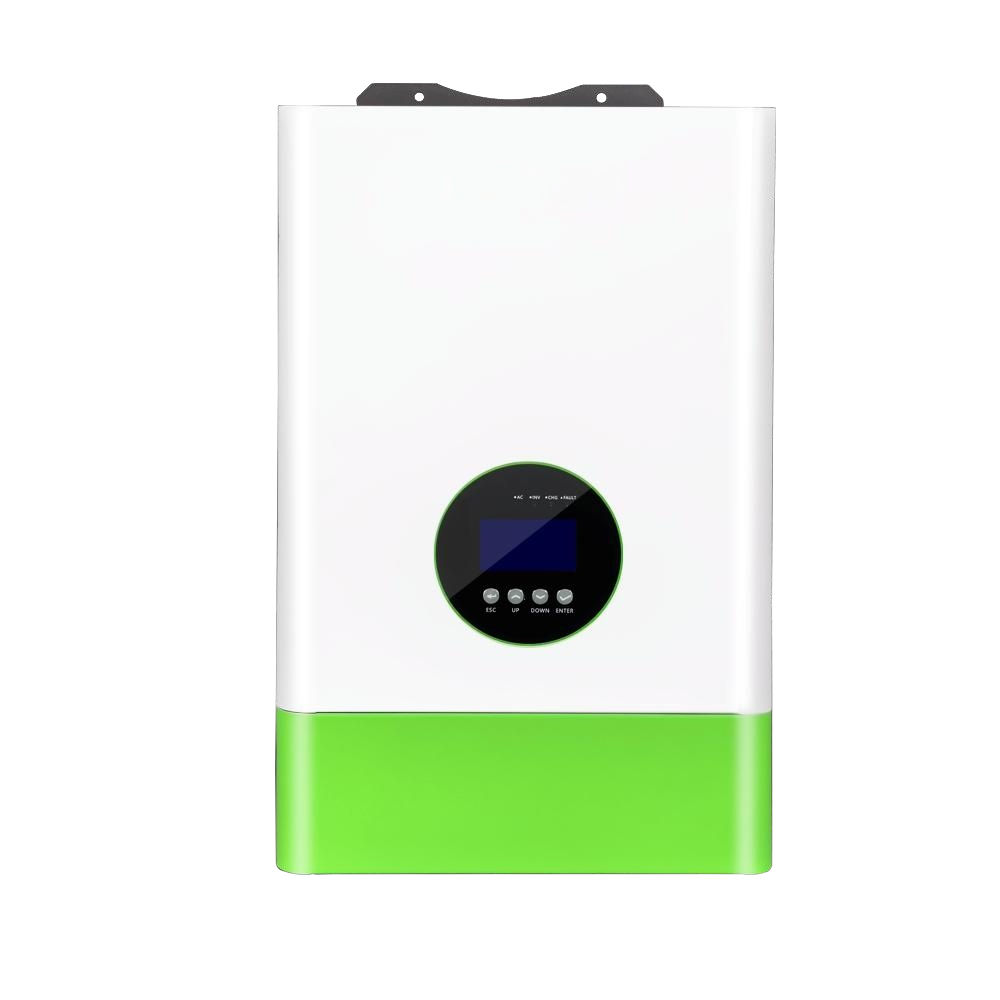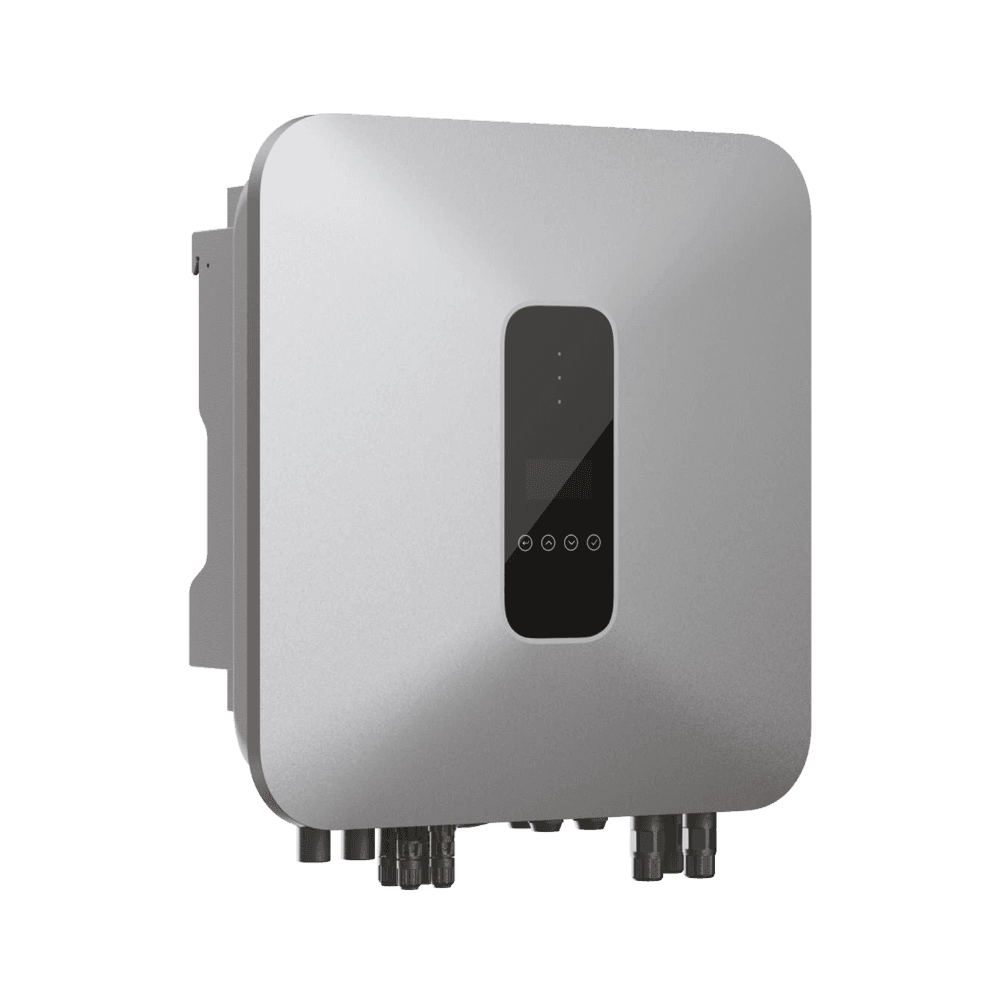 Home
/
News
/
Company News
Home
/
News
/
Company News
How to choose the right photovoltaic energy storage product inverter?
2025-10-07
With the popularity of solar power generation, more and more households or businesses are starting to use photovoltaic energy storage systems. In photovoltaic energy storage systems, the inverter is a crucial component that converts DC power into AC power and simultaneously controls the charging and discharging of energy storage batteries. However, with a wide range of inverters available in the market, how do you choose the right one? This article will explain how to choose an inverter for your own home or industrial use.
1. Understand your energy needs
It is important to understand your energy needs. Households and businesses with different energy needs require different inverters. You can calculate your energy needs according to your monthly electricity bill, and when choosing an inverter, you can refer to the manufacturer's specifications and parameters, such as the maximum output power and rated power of the inverter, and choose an inverter that meets your needs.
2. Is the higher the inverter power, the better?
Many people will think that higher inverter power is better, which is not necessarily true. High-power inverters are expensive and only need to be purchased when you really need them. For example, a high-power inverter is not needed for a small apartment that only needs home energy storage. In general, the power of the inverter should be appropriately increased, but attention should be paid to the risk of overload of the inverter.
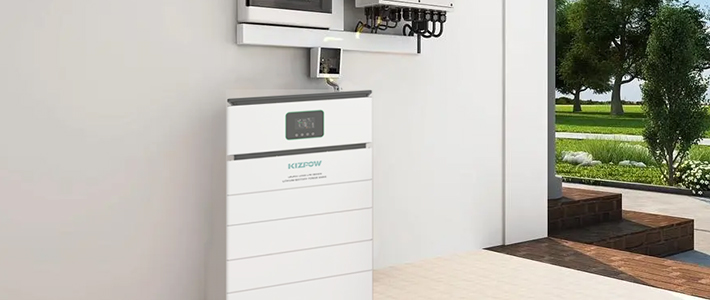
3. The stability and durability of the inverter
The stability and durability of the inverter are key reference indicators. Choosing a stable and durable inverter can reduce the number of maintenance and replacements. When choosing, you can refer to the power factor, output voltage, and shelf life of the inverter. At the same time, pay attention to the manufacturer's after-sales service and product warranty policy to avoid losses caused by quality problems.
4. Inverter efficiency and battery compatibility
The efficiency of the inverter refers to the percentage of electricity retained in the construction of the device during the conversion from battery power to photovoltaic power generation cells. A more efficient inverter means better use of photovoltaic cells. The photovoltaic energy storage system also needs to consider the compatibility between the inverter and the battery. Ensure that the inverter and battery can achieve a perfect match to improve energy conversion efficiency and energy storage.
5. Balance between price and quality
Consider the balance between price and quality. High-quality and high-performance inverters generally have higher prices, but they are not necessarily the most suitable choice. You need to consider your budget and needs comprehensively and choose an inverter that matches the performance and price. It is recommended to consult a professional when purchasing to choose the most practical inverter.
6. Precautions
You should also pay attention to the installation location of the inverter to ensure that the inverter can be directly exposed to sunlight and has sufficient ventilation conditions. In addition, it is necessary to pay attention to measures such as lightning protection and overvoltage protection of the inverter to reduce the risk of property and personnel loss caused by accidents.
7. Summary
Inverters are one of the core components of photovoltaic energy storage systems, and choosing the right inverter can maximize the efficiency and stability of the system. When purchasing an inverter, consider your energy needs, the power and stability of the inverter, and the price and quality balance of the inverter. If you need help, it is recommended to consult a professional to choose the most suitable inverter.
-

Core Guide to Home Energy Storage: How to Precisely Configure Lithium Iron Phosphate Batteries and Inverters
2025-11-27 -

Analysis of Core Components of Home Energy Storage Systems
2025-11-25 -
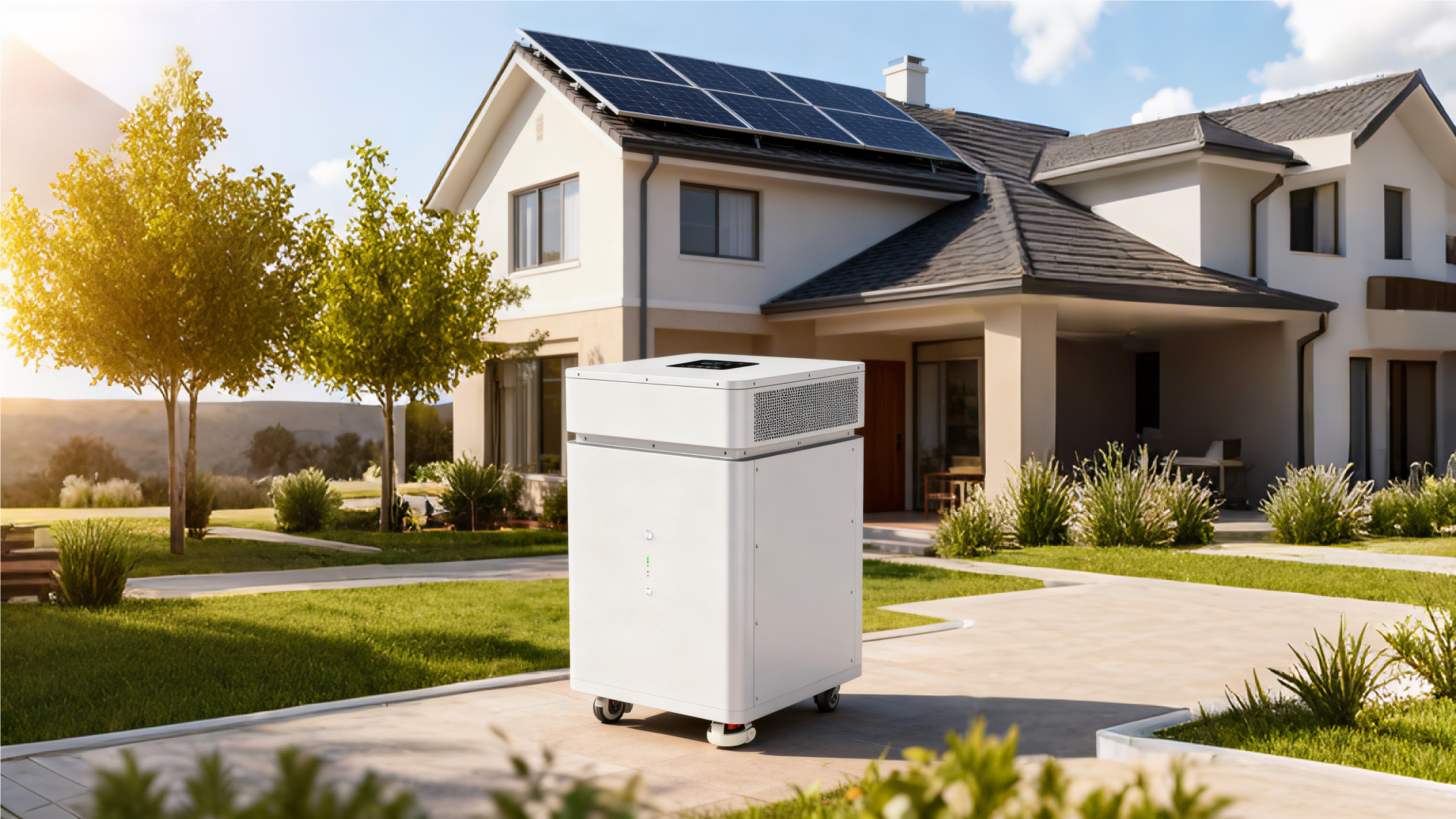
Energy storage inverter integrated machine: Initiating a new era of smart energy management
2025-11-24 -
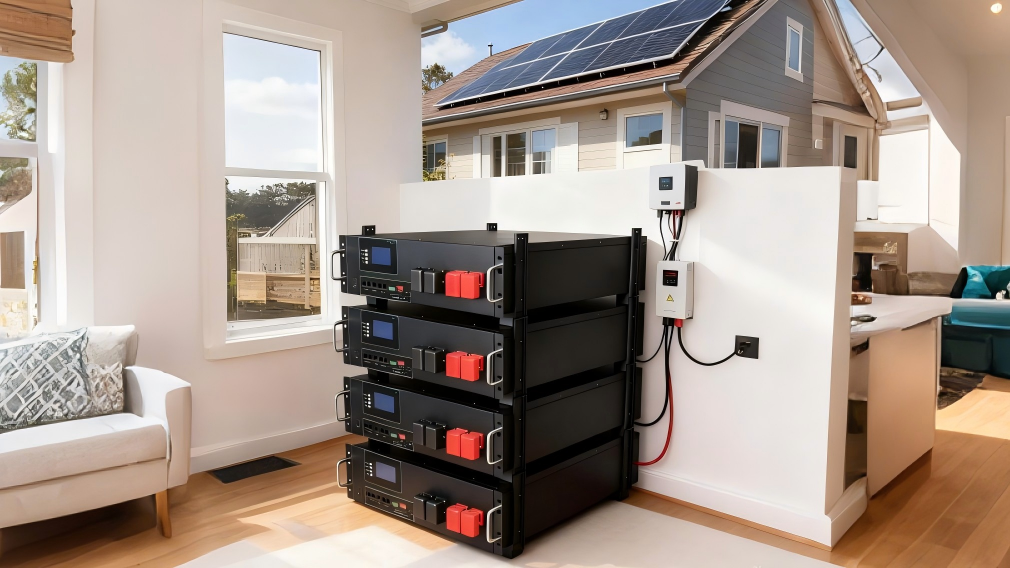
A new pillar of household energy storage: Stacked lithium iron phosphate batteries
2025-11-21


